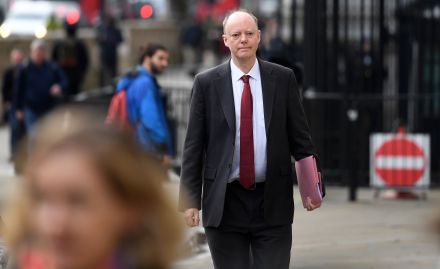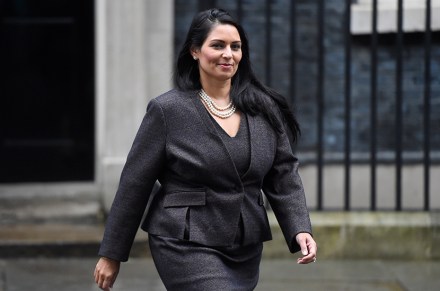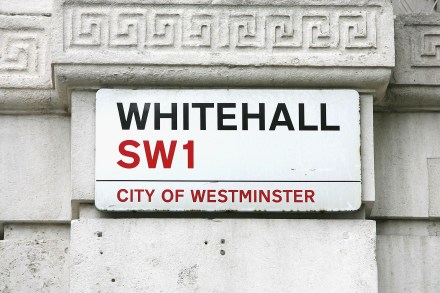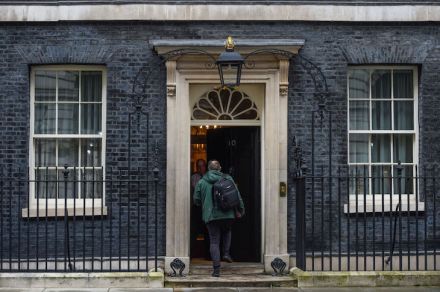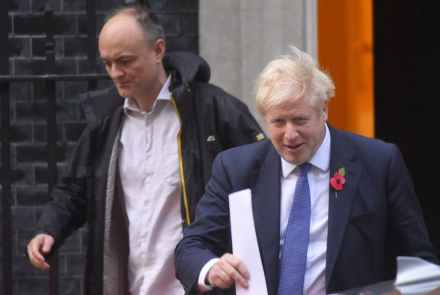The Chief Medical Officer is a welcome counter-revolutionary
After the bitter battles over Brexit, during which the truth was stretched to breaking point by those on both sides of a profoundly emotive argument, to have someone in authority give a balanced, well-informed and non-hyperbolic account of the government’s handling of the biggest event of the moment comes as a huge relief. England’s Chief Medical Officer Professor Chris Whitty is doing just that on coronavirus, reminding us all that in some fields – medicine foremost among them – expertise really is a quality to be heeded and not distrusted. The uncertainties of economics give it a justifiable reputation as ‘the dismal science’ and all of us who blew raspberries
